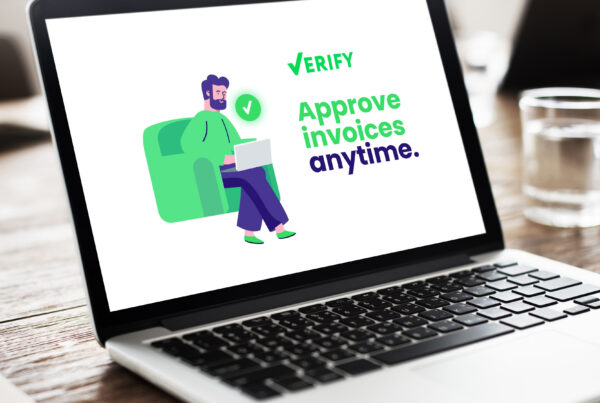Our latest research shines a light on the trends in purchasing and accounts payable
In March 2020, businesses suddenly realised they could no longer toy with the idea of technological change. Change had found them in the form of a global pandemic.
This dramatic change shifted the financial metrics of business operations from revenue growth to cost-cutting, the office to the kitchen table, and has placed more emphasis than ever before on purchasing and accounts payable.
In February 2021, we commissioned independent research to investigate this very issue and have published the results in our report titled The Covid-19 stress test for business: An accelerator for change. The report uncovered some of the biggest changes UK Finance decision-makers have had to make pre- and, if there is such a thing, post-Covid.
Cost-cutting was the primary focus for almost one-third (31%) of UK Finance decision-makers during lockdown, compared to just one in five (20%) before lockdown measures were initially introduced in March 2020.
The uncertainty around when, or even if, businesses would ever reopen naturally meant cash flow became a higher priority, up to 14% during Covid-19 compared to 9% before.
So, with all the emphasis on keeping businesses afloat and money coming in and out, you’d expect that accounts payable staff would be needed more than ever.
However, the results showed an overwhelming 41% of UK businesses were forced to place accounts payable staff on furlough in at least one of the lockdowns over the past 12 months.
Navigating stormy waters
Paying companies on time during this period was more important than ever, yet some businesses threw their oars overboard, hoping to sail aimlessly to safer waters and instead ended up in a financial storm.
Covid-19 has proven to be a stress test for purchasing and accounts payable functions, and we expect this will act as an accelerator for organisational and technological change.
The choice of whether to invest in technology was removed as firms were forced to evolve their finance function, and as the country begins to emerge from lockdown and travel restrictions and social interactions ease, business leaders need to make it clear to finance workers what their future working scenario looks like.
Armed with the right tools and technology, the shift to remote/hybrid working has arguably helped staff become more productive than ever before. No wonder then that this is the preferred long-term outlook, as post-Covid-19 intentions show over half of UK businesses (55%) plan to move to a hybrid (part-time home working, part-time office-based) work model.
Finance workers attending the office full-time is expected to drop to 33% when offices reopen, from a pre-Covid-19 high of 73%.
The findings of our research show businesses that have digitally transformed and automated their purchasing and accounts payable processes have not only better accommodated work from home measures, but also have fewer concerns about the efficiency, visibility and control of their systems.
In the post-Covid world, businesses need to evolve the finance function to provide remote support and deploy flexible business models capable of dealing with new and existing pressures. This will be the difference between surviving or thriving.



